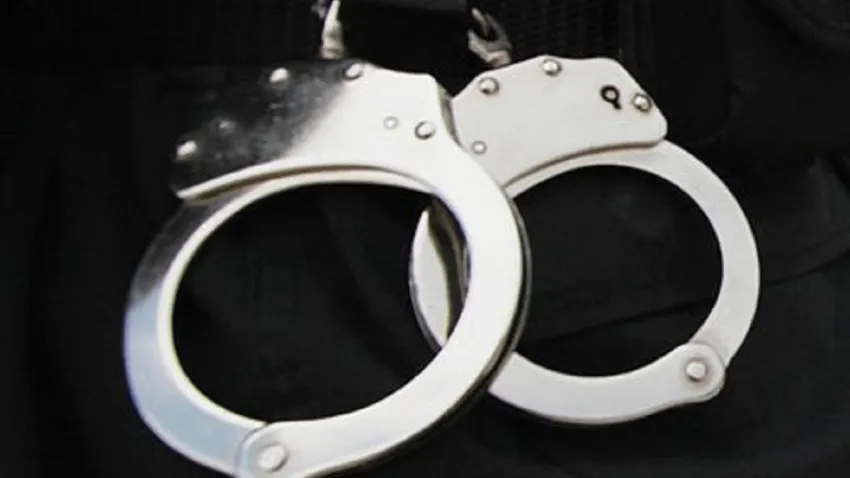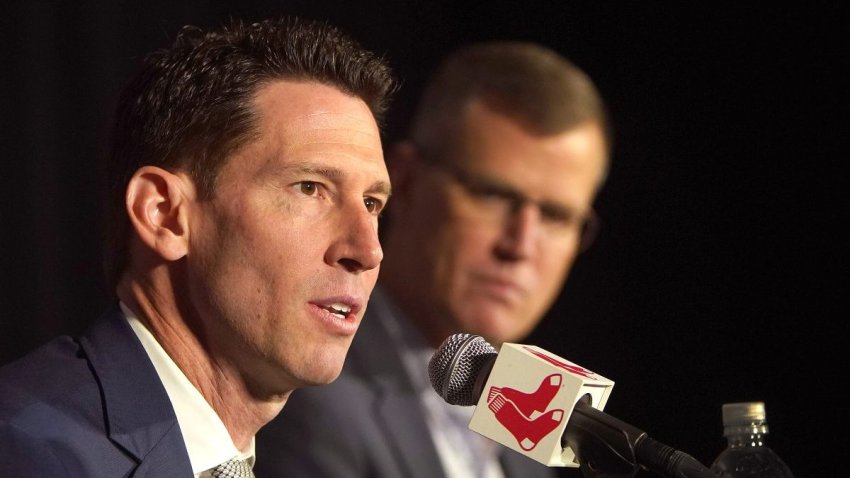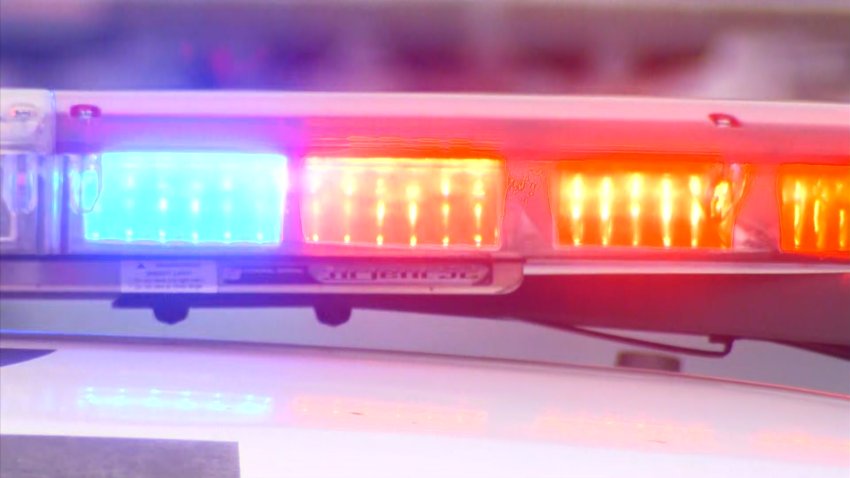

The Latest
-

Brace yourself – we're tracking triple digit heat and storms headed toward Boston
We’re tracking heat and storms rolling into New England by Friday. Here’s how hot it will get and when to expect storms.
-

Natick man requested sexual photos from officer posing as 12-year-old, DA says
A Natick, Massachusetts, man has been charged with child enticement after police say he requested sexual images from a person he thought was a 12-year-old girl.
-

Advocates stepping up as legislation fades on Beacon Hill to provide free period products
With legislation languishing on Beacon Hill to expand access to free menstrual products in public buildings, women advocacy groups say they have stepped up to distribute items in an attempt to tackle period poverty and financial barriers.
-

Harvard under investigation over participation in visa program for foreign students and researchers
In the latest in series of Trump administration inquiries targeting Harvard University, the State Department said Wednesday it is investigating whether the Ivy League school will remain part of a government program that provides American visas for students and researchers from other countries.
-

2 youths charged after brawl at Milford baseball game
Two youths will face charges after a huge brawl at a baseball game in Milford, Massachusetts, on Monday night.
-

Assisted living commission eyes extended work after Fall River fire
The special state commission that has been studying assisted living facilities with an emphasis on resident health and safety with an Aug. 1 deadline will be “continuing to work over the coming weeks” to incorporate lessons learned from the fatal Fall River fire on July 13, Gov. Maura Healey said Tuesday.
-

Push for a multilingual Massachusetts to advance, again
Even before a parade of advocates encouraged lawmakers to bolster language interpretation and translation services at state agencies, a committee co-chair divulged the panel’s plan Tuesday to once again advance the legislation.
-

FBI helping state police investigate vandalism at Mass. State House: PHOTOS
Massachusetts State Police say they are working to identify who is responsible for the vandalism that occurred at the State House around 3:30 a.m., and the FBI confirms they are assisting with the on-scene investigation Wednesday morning. -

What is cloud seeding, and can it cause severe weather?
While rooted in sound science, cloud seeding has been wrongly attributed to some horrific flooding events across the globe.
-

Patriots training camp recap: Stefon Diggs makes presence felt on Day 1
Patriots training camp is officially underway! Follow our live blog as Tom E. Curran and Phil Perry share the latest updates from Foxboro on Day 1.
-

Mass. State House vandalized overnight; FBI assisting state police with investigation
Someone vandalized the Massachusetts State House overnight, leaving white paint and black graffiti covering parts of the government building in Boston’s Beacon Hill neighborhood.
-

Patriots training camp starts today. Here's what to know if you plan to attend
The Patriots will conduct their first training camp practice on Wednesday on the grass fields behind Gillette Stadium — all outdoor training camp practices are free and open to the public.









